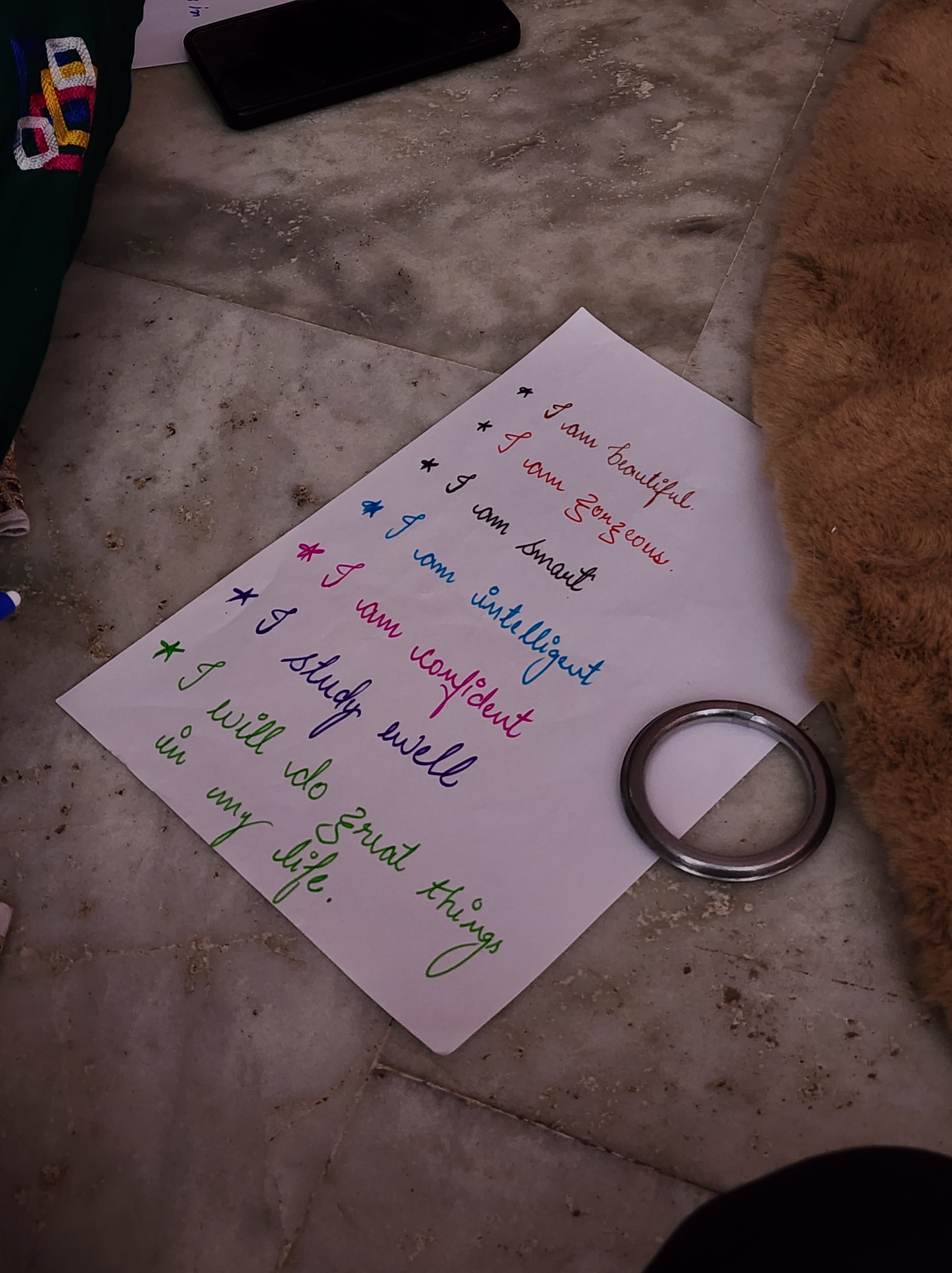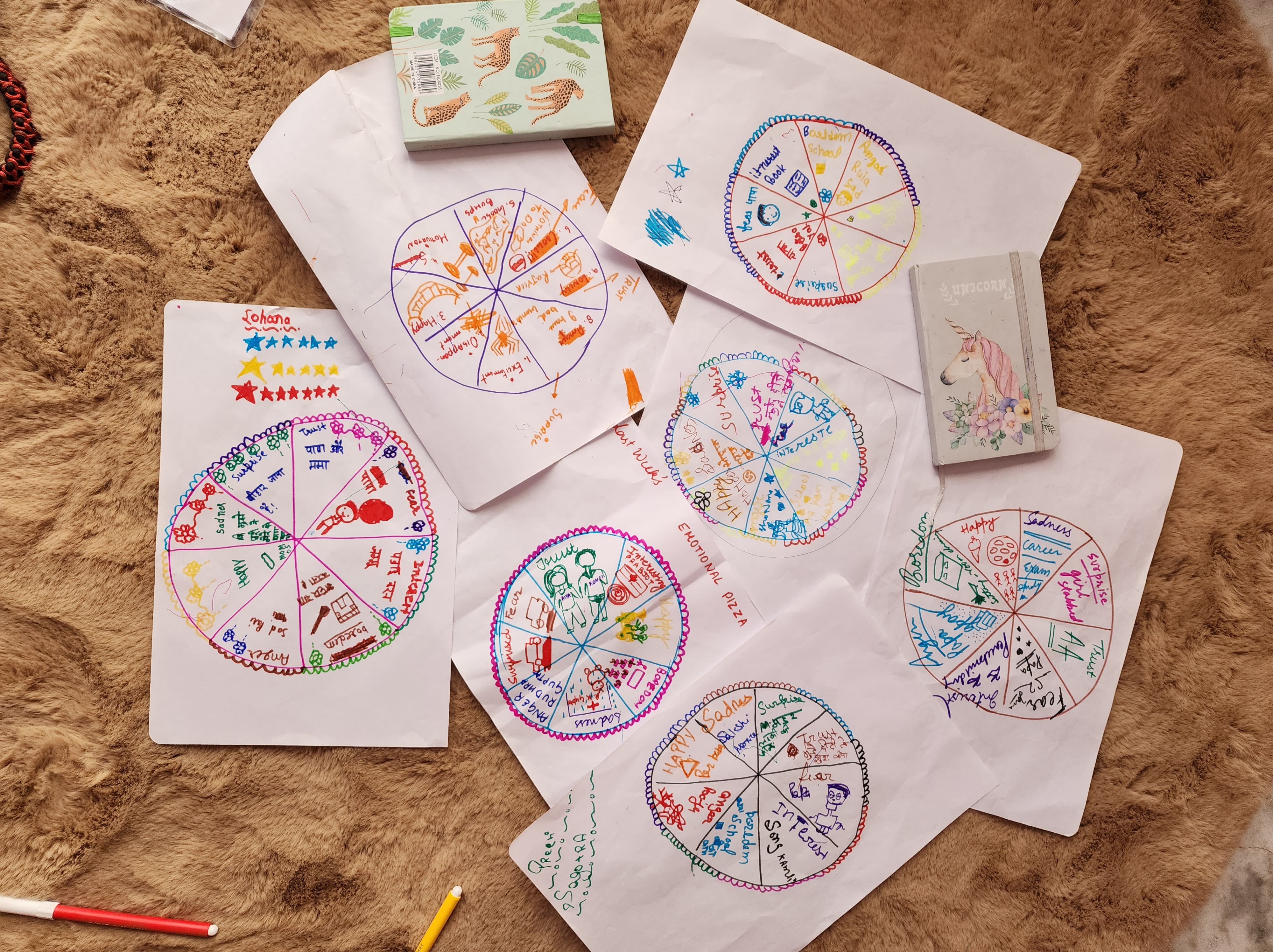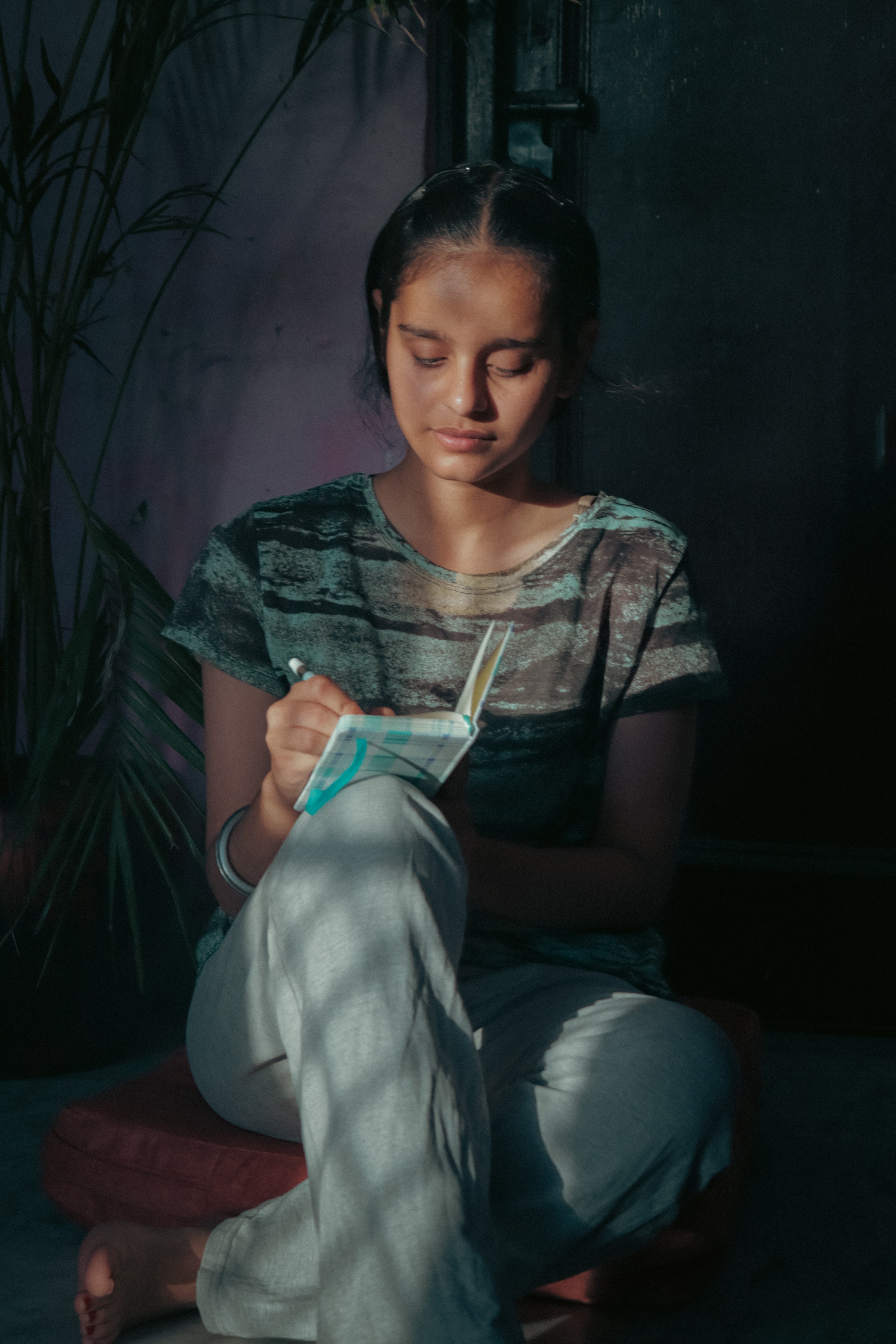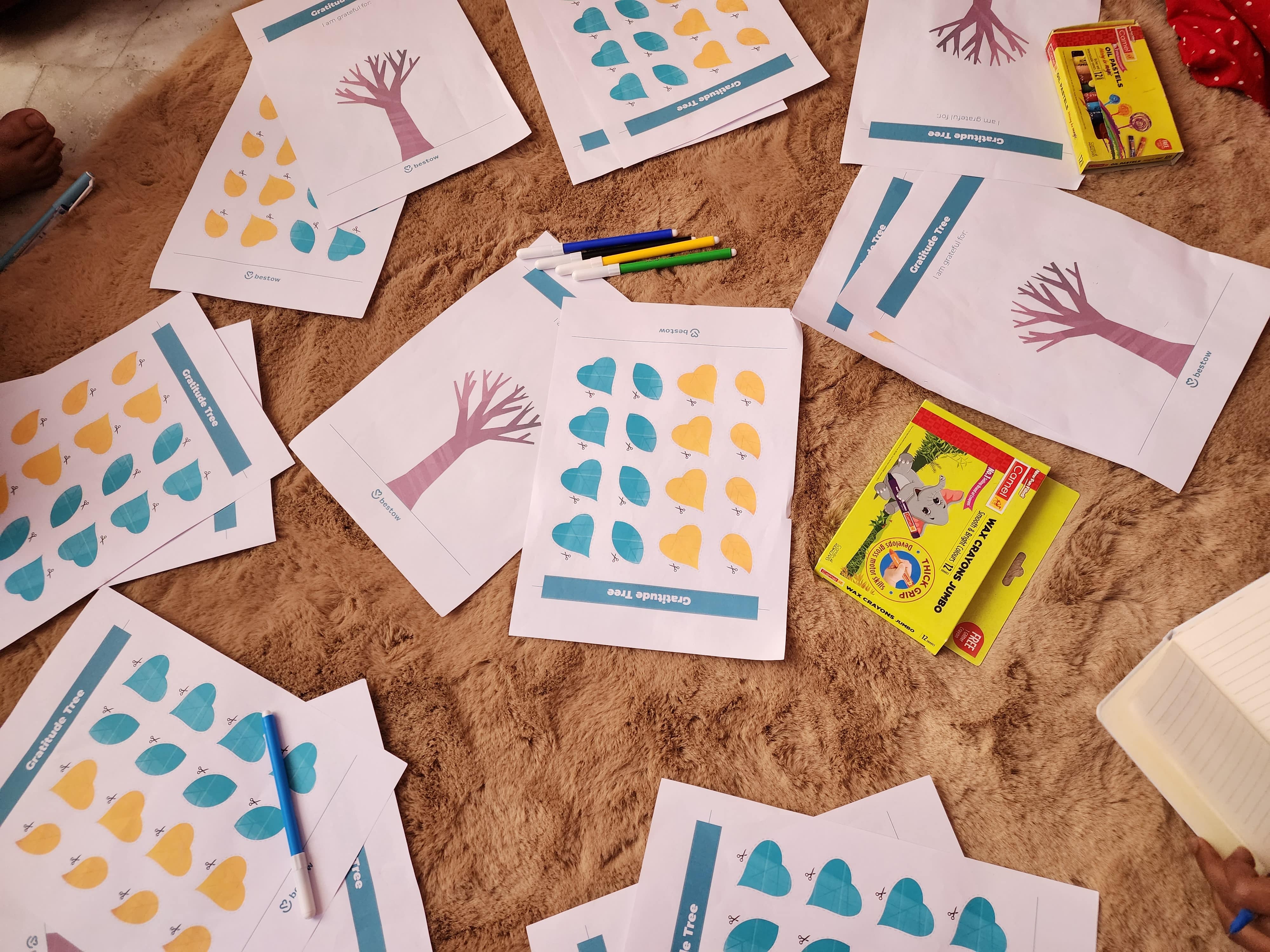Why Peace Education
There are various ways of introducing or instilling Life Skills and Value education in schools and communities of children that are being implemented by organizations and individuals throughout the world like improving the school environment, curriculum development (including the production of materials for teachers and children), pre-service teacher education, and in-service teacher education. Eqra aims to complement these efforts by teaching the words of peace to children for education for peace, communal harmony, and co-existence is the need everywhere.
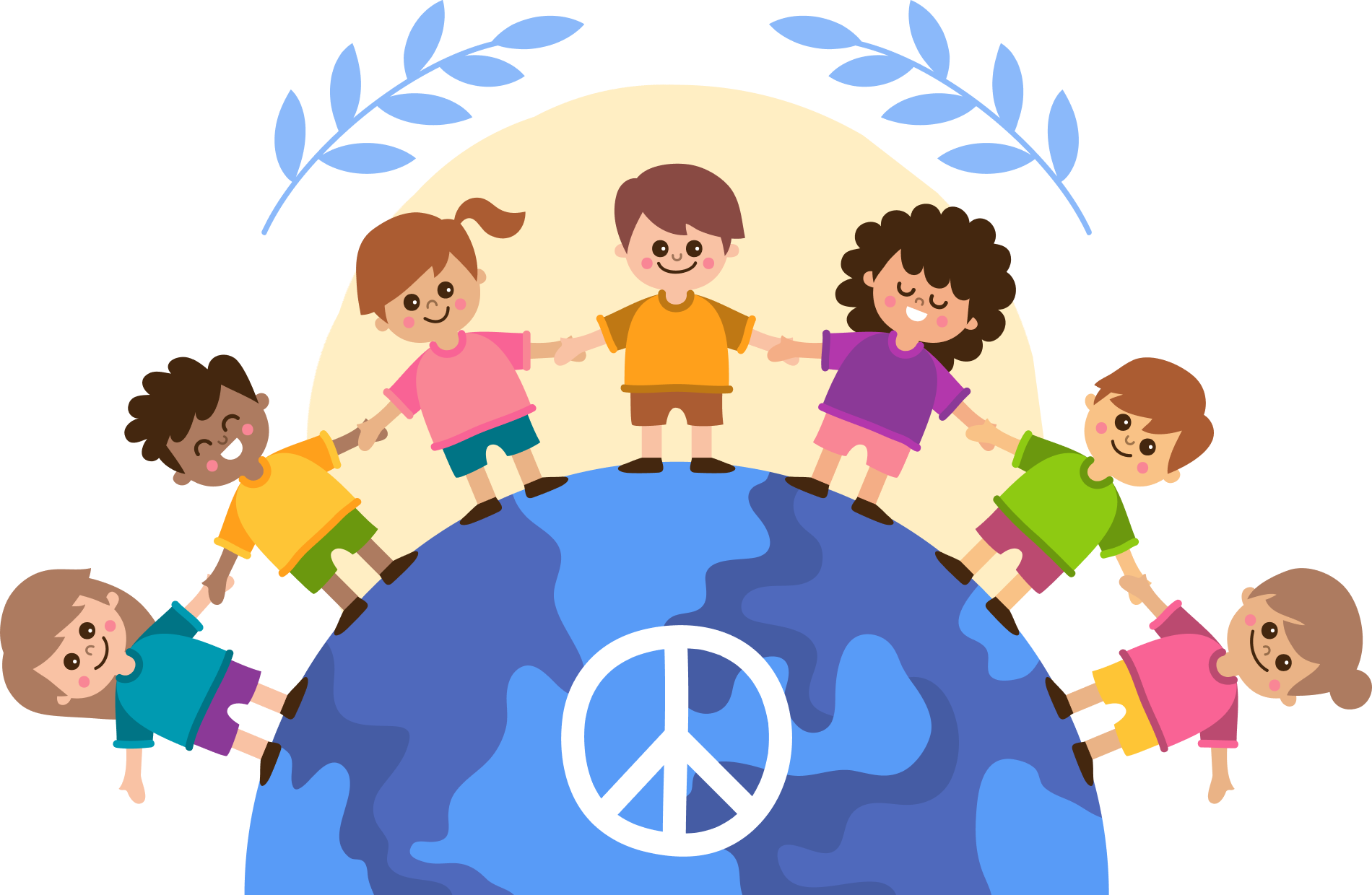

Our Intervention
Introducing the concept of peace education in schools and communities of children.
Conducting capacity building programs of college students (with a special intervention for B.Ed. Colleges) and school teachers.
Conducting annual interaction sessions with school Principals.
Creating a network of trained Young Peacebuilders in Jammu and Kashmir.
Understanding Peace Education
At Eqra, by the term “Peace Education”, we mean education about peace and for peace, all the while recognizing that educating about peace is an active process and not an end state. Further, breaking the term and considering its first component “Peace” our understanding of it is not limited to just Negative Peace (i.e absence of large scale violent conflict), rather we envision a culture of positive peace, especially at intrapersonal and interpersonal levels. Nor is our understanding of “Education” limited to just the systematic institutionalized transmission means but also the non-formal education means.
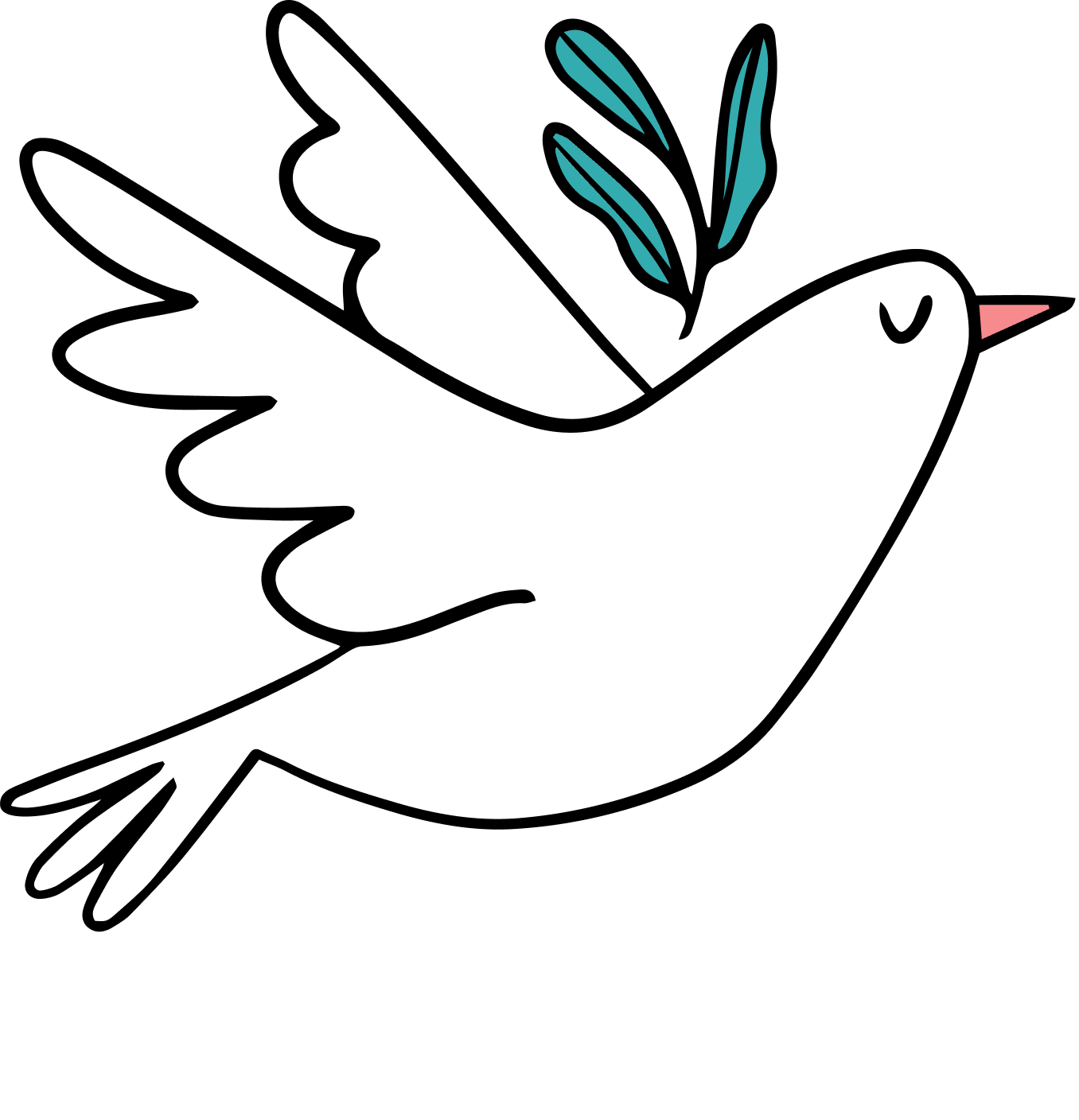
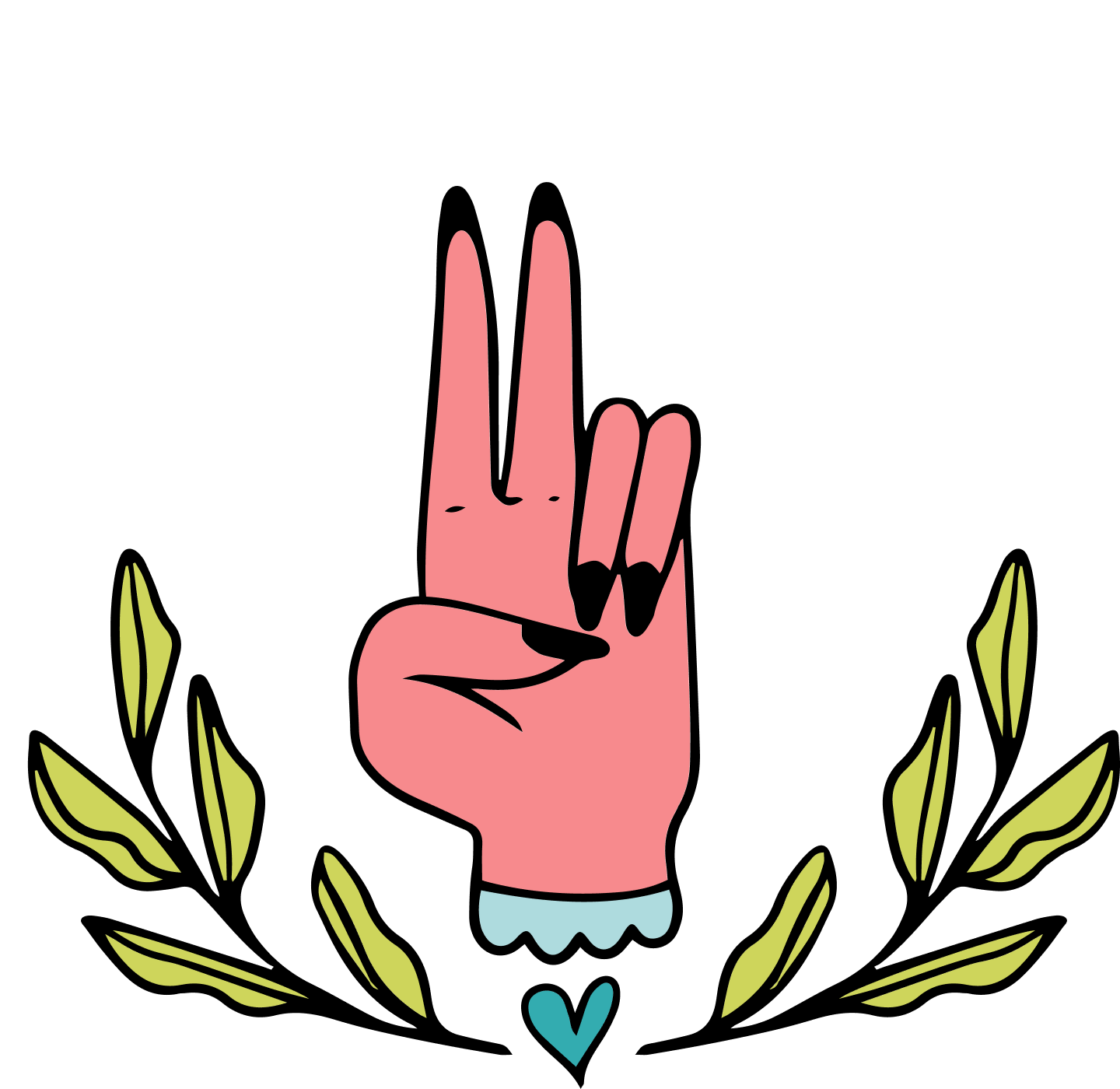
Reflecting on the content of the book titled “Peace Education'' written by Ian Harris and Mary Lee Morrison as interpreted by the United States Institute of Peace, we believe that human beings are capable of changing violent behaviors and beliefs if they are explained the consequences of violence and taught its alternatives. This strategy can be infused with that of Peace through Transformation, which is much broader in terms of its assumption about human nature that human beings are capable of love that can overcome feelings of hatred and thereby withdraw allegiance to violent institutions and also with the strategy of Peace through Sustainability which is applied on the assumptions that humans are both spiritually and materially connected to all others and to the natural world, there can be enough material and emotional-spiritual security for all and that this interconnectedness can be realized if one works towards nonviolence in all relationships with the human and natural world.


